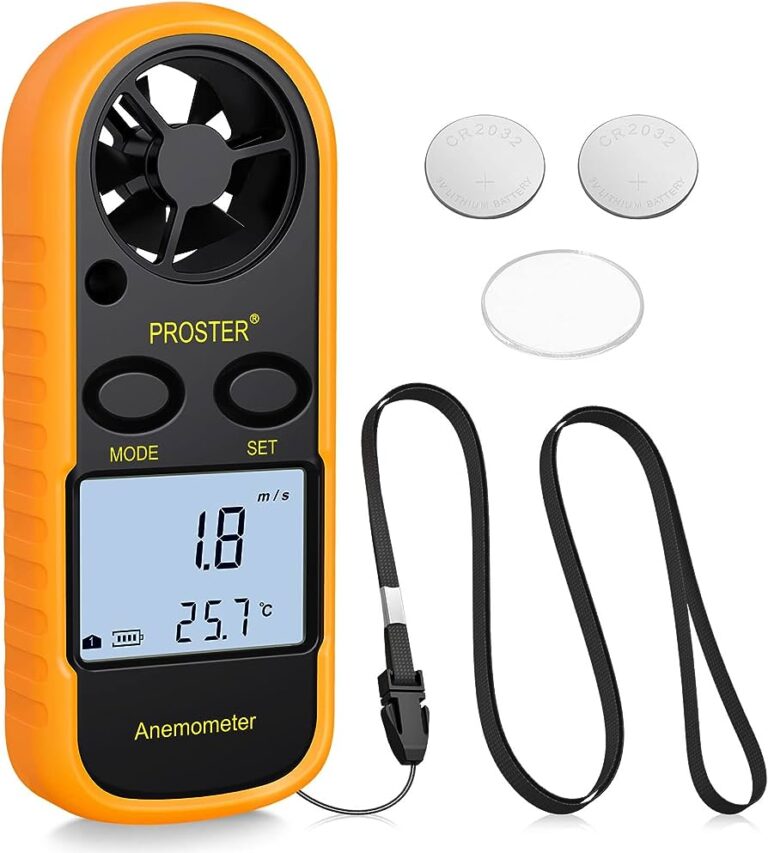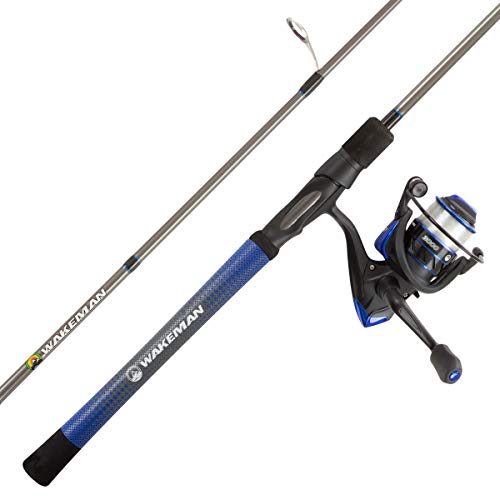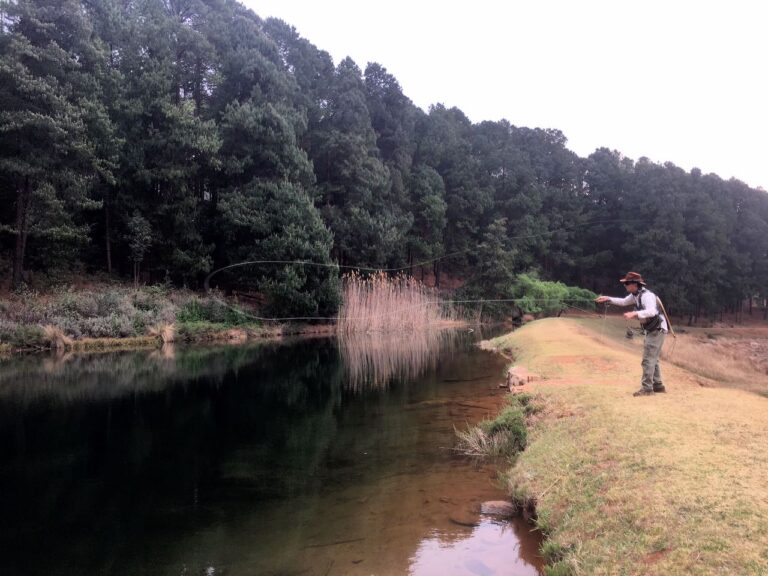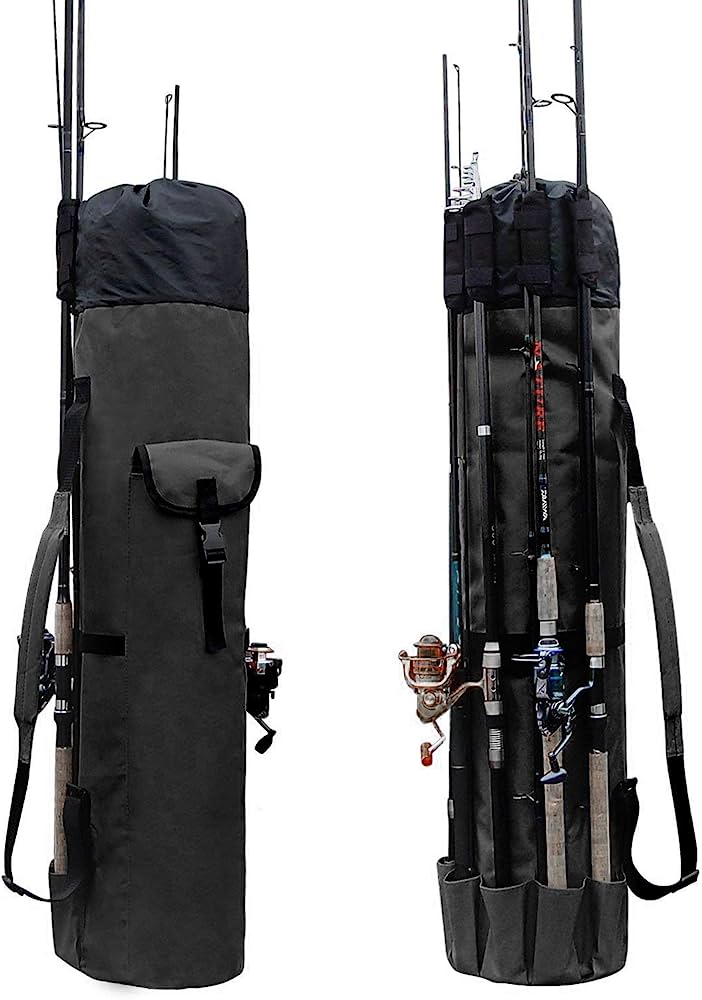Holiday does sell fishing licenses.
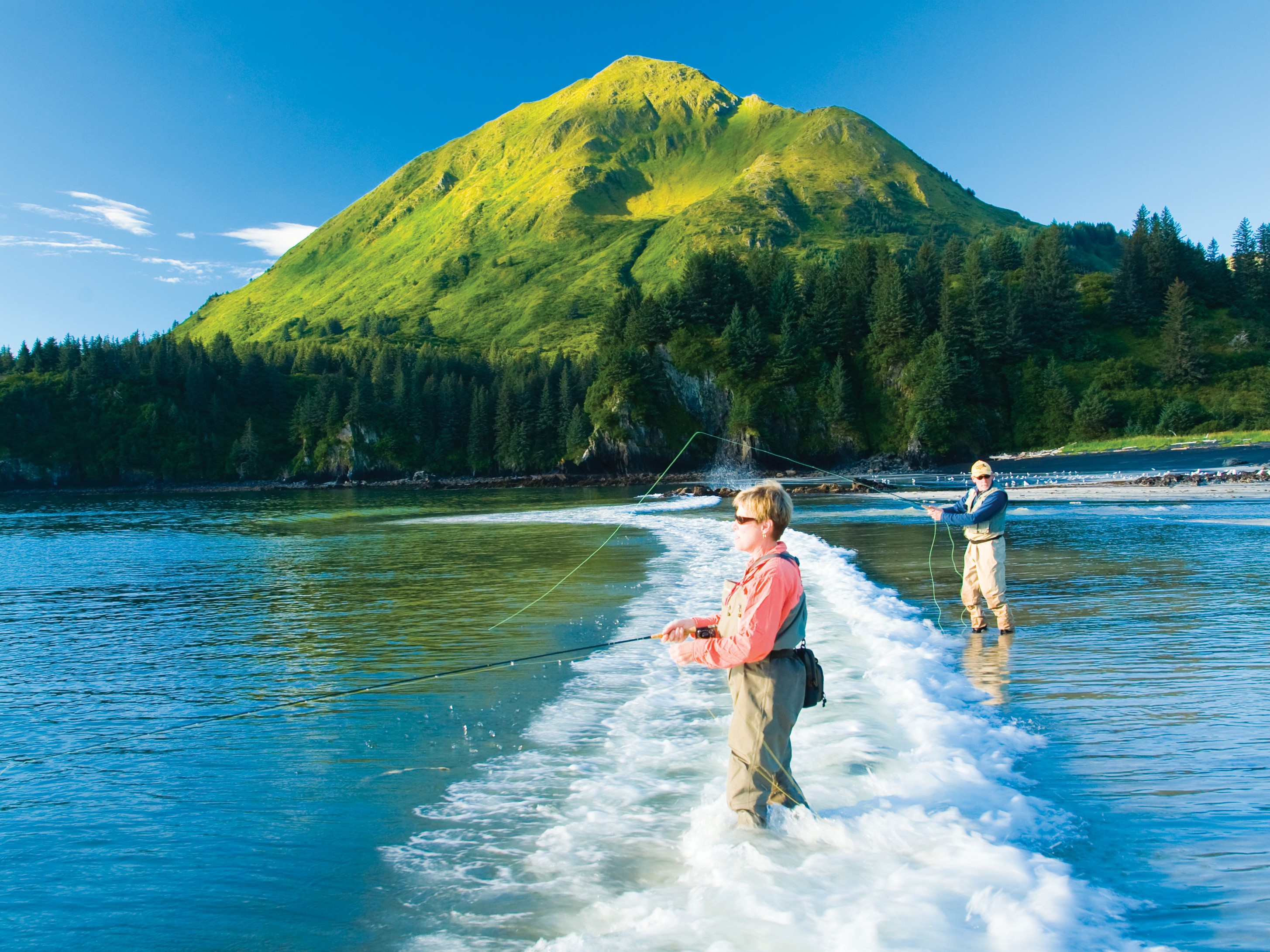
Credit: www.travelalaska.com
Fishing License Requirements For Holiday
Holiday is a popular destination for fishing enthusiasts who want to take advantage of its abundant lakes, rivers, and coastline. However, before you cast your line, it’s important to understand the fishing license requirements in holiday. Whether you’re a local resident or a visitor, here’s what you need to know.
Who Needs A Fishing License In Holiday?
In holiday, anyone aged 16 and above is required to have a fishing license, regardless of whether they are a resident or a non-resident. This applies to both freshwater and saltwater fishing activities. Children under the age of 16 can fish without a license but will still need to follow all fishing regulations and restrictions.
Types Of Fishing Licenses Available In Holiday
Holiday offers various fishing license options based on the duration and type of fishing you plan to do. Here are the different types of licenses available:
- Annual fishing license: This license is valid for one year from the date of purchase and allows you to fish in both freshwater and saltwater throughout holiday.
- 7-day fishing license: If you’re visiting holiday for a shorter period, you can opt for the 7-day fishing license, which is valid for a week from the date of purchase.
- 3-day fishing license: Designed for those who plan a brief fishing getaway, the 3-day fishing license permits you to fish for three consecutive days.
- Non-resident fishing license: Visitors who are not residents of holiday can obtain a non-resident fishing license, which allows them to fish in holiday’s fishing grounds.
How To Obtain A Fishing License In Holiday
Obtaining a fishing license in holiday is a straightforward process. Here’s how you can get one:
- Online: The most convenient way to get your fishing license is through the official holiday fishing license website. Simply visit the website, provide the necessary information, and make a secure online payment. Once the process is complete, you can print your license or download a digital copy to keep on your phone.
- In-person: If you prefer a more personal approach, you can visit one of the local holiday fishing license agents. These agents, including bait and tackle shops, sporting goods stores, and marinas, can issue licenses instantly upon payment.
- By mail: Another option is to obtain a fishing license by mail. Contact the holiday wildlife agency, request an application form, fill it out, enclose the required fee, and mail it to the specified address. It’s important to allow sufficient time for processing and delivery.
Remember, having a valid fishing license is not only a legal requirement but also contributes to the conservation and preservation of holiday’s fish populations. So, before you head out for your fishing adventure, make sure you have the appropriate license in hand.
Happy fishing!
Fishing Regulations In Holiday
If you’re planning to cast your line while on holiday in holiday, it’s important to familiarize yourself with the fishing regulations in the area. Understanding the size and bag limits for different fish species, seasonal restrictions and closures, as well as any special regulations for certain areas or water bodies, will ensure that you have an enjoyable and legal fishing experience.
Let’s dive into the details:
Size And Bag Limits For Different Fish Species In Holiday
When fishing in holiday, it’s crucial to adhere to the specified size and bag limits set for each fish species. These limits are in place to maintain a sustainable fish population and protect the ecosystem. Here are some key points to keep in mind:
• snapper: size limit of 10 inches and a bag limit of 10 fish per person.
• redfish: size limit of 18-30 inches and a bag limit of 1 fish per person.
• trout: size limit of 15-20 inches and a bag limit of 4 fish per person.
• tarpon: catch-and-release only, as these magnificent creatures are protected.
Remember, these limits may vary depending on the specific fishing area within holiday. It’s crucial to check the local fishing regulations before heading out to ensure compliance.
Seasonal Restrictions And Closures In Holiday
In holiday, certain fish species may be subject to seasonal restrictions and closures during specific times of the year. These restrictions and closures are put in place to protect vulnerable fish populations during their breeding or spawning seasons. Here are a few important points to note:
• snook: closed season from may 1st to august 31st to protect spawning fish.
• grouper: seasonal closures from january 1st to april 30th to safeguard spawning aggregations.
• spotted seatrout: seasonal closures from november 1st to december 31st to support their reproductive cycle.
Be sure to consult the local fishing regulations or check with the local authorities for any specific seasonal restrictions and closures in holiday.
Special Regulations For Certain Areas Or Water Bodies In Holiday
In addition to general fishing regulations, certain areas or water bodies in holiday may have special regulations. These regulations are designed to address specific conservation concerns or to provide unique fishing experiences. Here are a few examples:
• special fishing zones: some areas may have designated zones where certain fishing methods are prohibited or restricted to protect sensitive habitats.
• wildlife management areas: these areas may have specific regulations regarding fishing seasons, methods, and access to ensure the balanced management of the overall ecosystem.
• catch-and-release areas: certain sections of water bodies may require anglers to release all fish caught, allowing for sustainable fishing practices and the conservation of fish populations.
To ensure compliance and make the most of your fishing trip, it’s crucial to stay informed about any special regulations that may apply to the areas or water bodies you plan to fish in.
By familiarizing yourself with the fishing regulations in holiday, including size and bag limits for different fish species, seasonal restrictions and closures, and any special regulations for certain areas or water bodies, you can have an enjoyable and responsible fishing experience while contributing to the preservation of the local ecosystem.
Happy fishing!
Benefits Of Fishing License In Holiday
Conservation Efforts Supported By Fishing License Fees In Holiday
Fishing license fees in holiday play a crucial role in supporting conservation efforts for the protection and preservation of aquatic ecosystems. Here are the key points:
- Conservation funding: The fees collected from fishing licenses contribute directly to funding various conservation programs and initiatives. This financial support enables government agencies and organizations to implement measures aimed at preserving fish populations, conserving habitats, and improving water quality.
- Fish stocking programs: Fishing license fees help finance fish stocking programs in holiday. These programs involve releasing juvenile fish into lakes, rivers, and streams, boosting the fish population and promoting sustainable fishing practices.
- Habitat restoration: The funds generated through fishing licenses also go towards habitat restoration projects. These projects focus on restoring and enhancing fish habitats, such as wetlands and spawning areas, ensuring the long-term health and abundance of fish populations.
- Research and monitoring: Fishing license fees provide funding for scientific research and monitoring projects. These initiatives help gather important data on fish populations, migration patterns, and overall ecosystem health. The insights gained from these studies contribute to informed management decisions that benefit both anglers and the environment.
Access To Prime Fishing Locations In Holiday
One of the significant benefits of obtaining a fishing license in holiday is gaining access to prime fishing locations. Here’s why it’s worth considering:
- Public fishing spots: Holiday boasts numerous public fishing spots that are accessible to licensed anglers. These locations include lakes, reservoirs, rivers, and ponds teeming with a variety of fish species. Fishing license holders can explore these areas and enjoy the thrill of angling in diverse and picturesque settings.
- Private fishing areas: Certain fishing license types in holiday also offer access to private fishing areas. These exclusive locations provide a more secluded and tranquil fishing experience, often with enhanced amenities and services. They ensure that anglers can enjoy their favorite pastime in a serene and well-maintained environment.
- Variety of fish species: Holiday’s fishing license opens up opportunities to catch a wide range of fish species. From bass and trout to salmon and catfish, licensed anglers can pursue their preferred type of fish in diverse waters. This variety ensures that anglers of different preferences can find the perfect fishing experience.
- Scenic surroundings: Fishing in holiday lets you immerse yourself in the stunning natural beauty that surrounds the fishing spots. The serene lakes, rivers, and streams are often nestled within breathtaking landscapes, providing an extra element of tranquility while you cast your line.
Participation In Fishing Events And Tournaments In Holiday
Having a fishing license in holiday opens the door to participating in various fishing events and tournaments. Here’s why it’s advantageous:
- Friendly competition: Licensed anglers can engage in friendly competition with fellow fishing enthusiasts. Fishing events and tournaments offer a chance to showcase your skills, learn from others, and experience the thrill of reeling in impressive catches. It’s an excellent opportunity to connect with the fishing community in holiday.
- Prizes and recognition: Many fishing tournaments in holiday come with enticing prizes and recognition for outstanding performances. Whether it’s cash rewards, fishing gear, or trophies, participants stand a chance to win valuable incentives that enhance the overall excitement of the event.
- Networking opportunities: Fishing events provide a platform for licensed anglers to network and forge connections with like-minded individuals. Sharing fishing tips and experiences with fellow anglers can enhance your knowledge, expand your fishing networks, and foster lifelong friendships.
- Learning experiences: Fishing tournaments often feature expert anglers who share their knowledge and techniques during workshops or presentations. Participating in these events allows you to learn from seasoned professionals, improving your fishing skills and expanding your repertoire of fishing techniques.
By obtaining a fishing license in holiday, you not only contribute to conservation efforts and gain access to prime fishing locations but also open doors to engaging in fishing events and tournaments. So, grab your fishing gear, apply for a license, and start experiencing the numerous benefits of fishing in holiday.
Conclusion
It is evident that the holiday season can indeed be a great time to sell fishing licenses. The increased leisure time and desire to engage in outdoor activities make fishing a popular choice for many. By strategically marketing fishing licenses during this time, both government bodies and fishing businesses can capitalize on this surge in demand.
However, it is important to note that effective promotion and easy accessibility are key factors in successfully selling fishing licenses during the holidays. Utilizing various marketing channels such as social media, online advertisements, and local events can help reach a wider audience and enhance customer convenience.
Additionally, understanding the target market’s preferences and offering value-added services or discounts can further incentivize the purchase of fishing licenses. By implementing these strategies, stakeholders in the fishing industry can harness the potential of the holiday season and boost fishing license sales.

